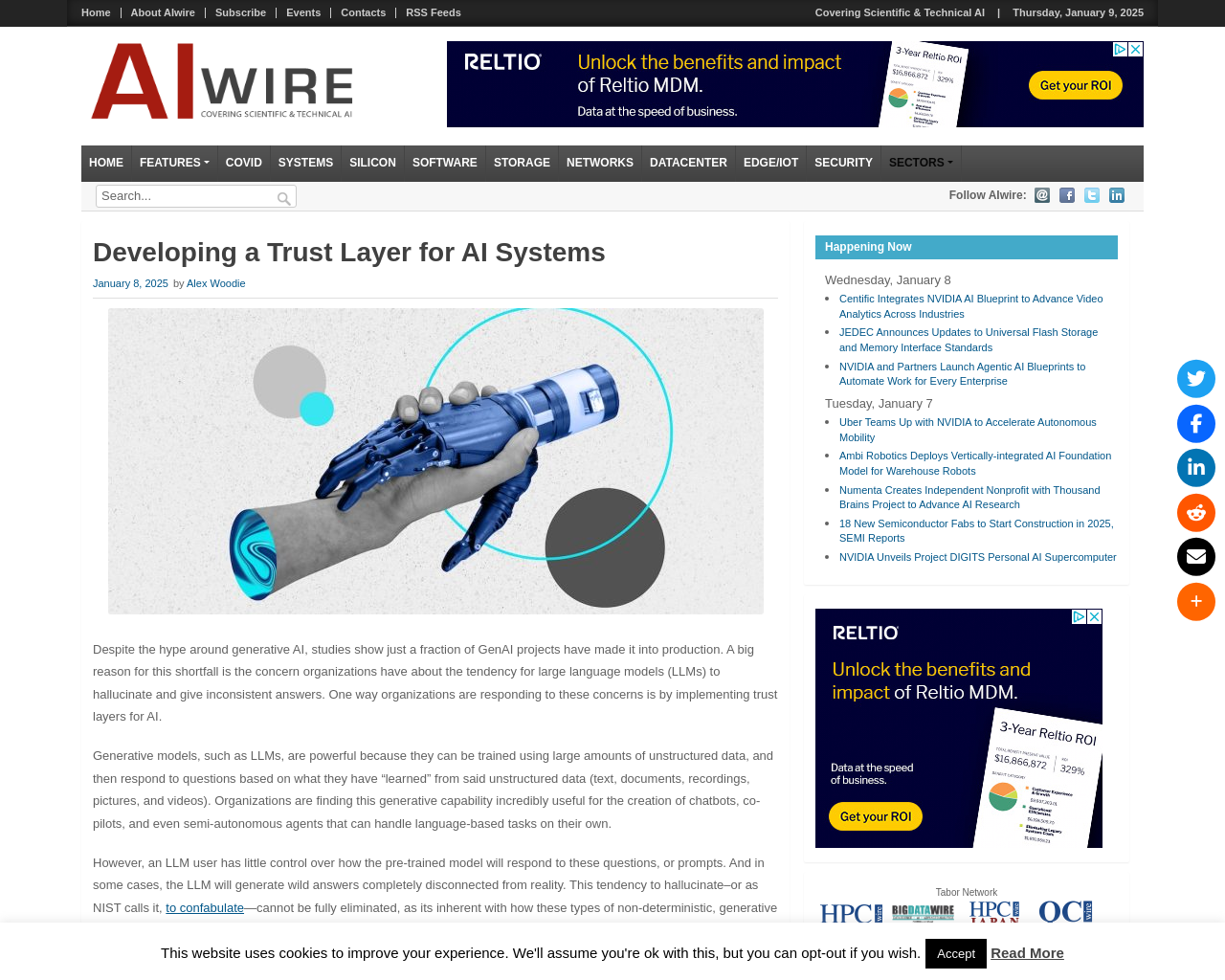Summary:
– Generative AI, such as large language models (LLMs), have the potential to handle language-based tasks independently but face challenges like hallucinating and providing inconsistent answers.
– Organizations are implementing AI trust layers to address concerns related to LLM behavior, with examples like Salesforce using secure data retrieval and toxicity detection.
– Galileo is a vendor offering an independent AI trust layer that works across various platforms and models, focusing on ensuring LLMs behave predictably in production.
– Galileo’s approach involves using evaluation foundation models and metrics to monitor and control LLM behavior, activating guardrails to prevent undesirable outcomes.
– The Galileo suite includes Evaluate for experiments, Observe for monitoring LLM behavior, and Protect for preventing harmful responses.
– By providing a trust layer for GenAI applications, Galileo aims to enable enterprises to trust their AI models similarly to deterministic applications, enhancing confidence in deploying GenAI projects.
Thoughts:
Generative AI holds significant potential for revolutionizing various industries, but the challenges related to ensuring the reliability and predictability of models must be addressed. The concept of AI trust layers, as demonstrated by Galileo, is crucial in mitigating risks associated with non-deterministic behavior in LLMs. By offering a comprehensive suite of tools for monitoring, evaluating, and protecting AI models, Galileo is paving the way for enterprises to embrace GenAI confidently. This focus on enhancing trust and reliability in AI applications aligns with the evolving demands of the industry and highlights the importance of robust solutions in deploying AI technologies at scale.
元記事: https://www.aiwire.net/2025/01/08/developing-a-trust-layer-for-ai-systems/

